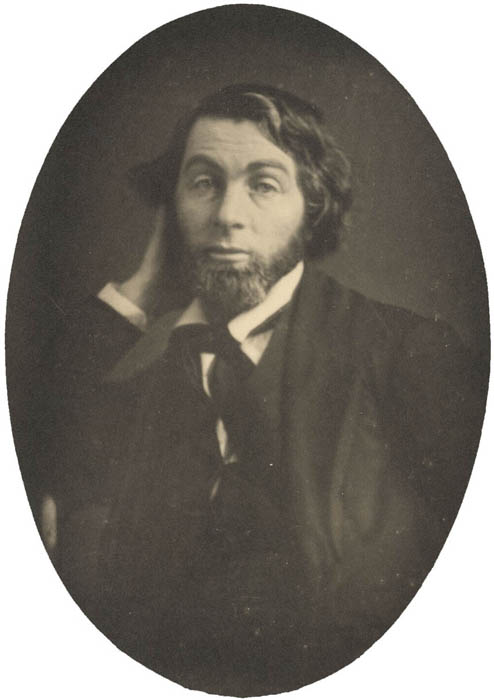Just as Section 25 dealt with eyesight and with voice, so does Section 26 deal with the mystery of hearing. We open the eyes and visual experience flows in, vast and continuous. The ears, however, never close: the sounds of the world incessantly carry themselves on waves into our very being. So here Whitman stops to listen and absorb the sounds of the world around him as they blend (“all sounds running together”) into the song of himself. As with the eyes, so do the ears bring a cacophonous array of experience into the self, from sounds of work to alarm bells to arguments to cries for help to operas to funeral marches. It is all one “chorus,” made up of the endlessly conflicted sounds of life, and this varied music “suits” the poet.
Whitman ends the section with a remarkable evocation of the deeply sensual experience of hearing a “grand opera.” Whitman loved attending the opera and wrote reviews emphasizing the sublime effects the opera had on him. Here, the orchestra and accomplished tenor and soprano carry him into an imaginative ecstasy—a literal “ex-stasis,” a standing outside of the self—as he feels the music, with its shifting emotional registers, whirling him out into the solar system and then carrying him over the oceans and then hurling him into a violent hailstorm. The experience is at once intensely sexual and mystical. As he hears the trained operatic voices hang onto notes that ordinary mortals could not sustain, he feels his own windpipe constrict and loses his breath, only to be released at the last second, and, in recovering, sensing the deepest mystery of all, “the puzzle of puzzles” that we call “Being.” As readers, we become aware that our experience absorbing Whitman’s “Song of Myself” through our own ears and eyes is a comparable sensual experience, leaving us breathless and on the edge of accessing answers to our most probing questions.
ing engines and hose-carts with premonitory tinkles and color'd lights,
- Foreword to Section 26
- Song of Myself, Section 26 —read by Eric Forsythe
- Afterword to Section 26
At the midpoint of this poem, this almanac of the self, with the acknowledgement of the limits of writing and talking behind him and the future yet to be determined, Whitman resolves to “do nothing but listen,” and what he hears in the white space between the first and second stanzas are sounds that will contribute to the rest of his song, beginning with a raucous expression of joy—“the bravuras of birds, bustle of growing wheat, gossip of flames, clack of sticks cooking my meals.” Then comes a litany of human voices, every one of which he loves, even that of the judge “pronouncing a death-sentence.” Especially the judge, the most vivid figure in this section, for when we stop to catch our breath, when we really listen to the pulsing in our veins, we may hear some version of his voice reading the verdict delivered to each of us at birth.
What better way to bear our common sentence, however much time may remain, than to listen to its music, which is time transfigured? This the poet does in his evocation of opera—how the cornet “pangs through [his] belly and breast”; and the tenor fills him; and the soprano works with the orchestra to wrench unknown ardors from his soul. W. D. Snodgrass made a tantalizing suggestion about the origin of Whitman’s poetics: to wit, that in the conjunction of the different rhythms of opera and belly dancing, performances of which he attended as often as possible during his sojourn in New Orleans, he learned how to transcribe the music of creation—and “feel the puzzle of puzzles, and that we call Being.” Now we will hear it in its entirety.
How has the catalog of sounds that you hear every day changed for you over the years? How important is each day’s chorus of sounds to your emotional state? Why?
